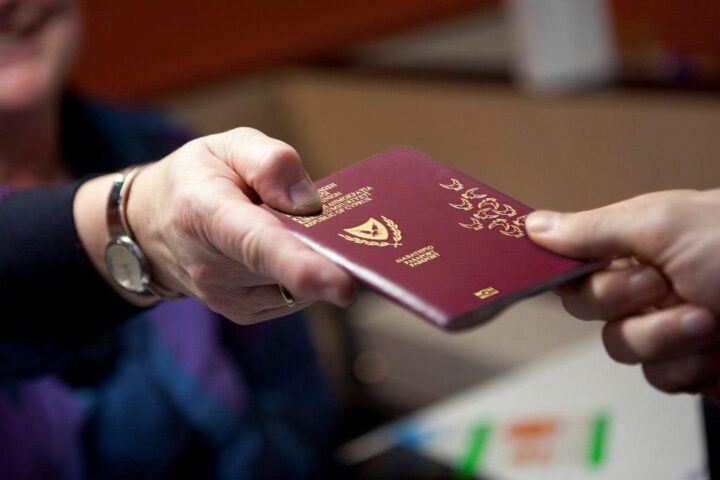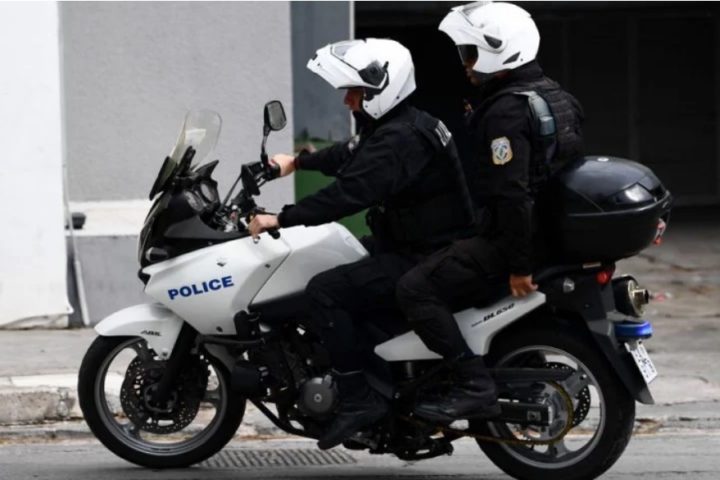Cyprus has shown improvements in combating money laundering and terrorism financing but could do more, according to the evaluation by the Council of Europe’s monitoring body MONEYVAL.
The anti-money laundering and counter-terrorist financing assessment focused on legislative, regulatory and institutional measures, with particular attention paid to compliance with Financial Action Task Force (FATF) standards.
While progress has been made, moderate shortcomings still exist, according to the report published on Tuesday.
“Cyprus has made some progress in improving its level of compliance with FATF standards, particularly concerning non-profit organisations, virtual asset services providers (VASPs), and the powers of investigative and law enforcement authorities.
“However, further efforts are needed to fully implement these measures,” the report said.
It said terrorism financing (TF) risk exposure within the non-profit sector; Cypriot authorities have initiated measures to evaluate and strengthen oversight activities.
“Nonetheless, these measures have not yet been fully implemented.”
The implementation of the VASP regime in Cyprus has seen substantive progress.
However, the assessment identified a lack of a national action plan to address the risks identified within the VASP sector.
“Moreover, technical deficiencies persist in implementing preventive measures, including the ‘travel rule’, which requires VASPs to share customer information during transactions.”
Additionally, the evaluation highlighted moderate shortcomings in the investigative capabilities of Cypriot authorities.
These include the absence of powers to intercept communication content related to money laundering investigations, terrorism financing, and various associated predicate offences such as sexual exploitation, participation in organised criminal groups, fraud, theft, arms trafficking, corruption offences, and tax crimes.
Step up efforts
In its annual report for 2022, MONEYVAL warns that the recovery of proceeds from crime across states remains insufficient and calls on governments to step up their efforts to strengthen their national frameworks for asset management and recovery.
In its monitoring work, MONEYVAL found that successful confiscations of criminal assets are relatively rare compared with the estimates of the proceeds of crime.
It, therefore, underlines the need not only to freeze but also to seize and confiscate criminal funds.
To achieve this, enhancing the powers and resources of criminal asset recovery and management offices is crucial.
“States should not only improve their results in identifying and freezing criminal funds.
“There is also an urgent need for them to greatly improve their results in confiscating and managing criminal assets, adopt stricter sanctions and increase the number of convictions for serious money laundering offences,” said Elżbieta Frankow-Jaśkiewicz, Chair of MONEVYAL.
MONEYVAL assesses compliance with international standards and developments in the legal and institutional frameworks to counter money laundering and the financing of terrorism in the 33 states and territories subject to its monitoring.
By the end of 2022, 21 of the 26 states and territories evaluated by MONEYVAL in the 5th round of mutual evaluations were subject to its enhanced follow-up procedure for their limited level of compliance with AML/CFT standards.
These were Albania, Andorra, Bulgaria, Croatia, Cyprus, Czechia, Georgia, Gibraltar, Hungary, Estonia, Latvia, Lithuania, Monaco, Malta, Poland, Moldova, Serbia, Slovakia, Slovenia, the UK Crown Dependency of the Isle of Man and Ukraine.
Armenia, the Holy See, Liechtenstein, San Marino, and Israel are subject to MONEYVAL’s regular follow-up procedure.










